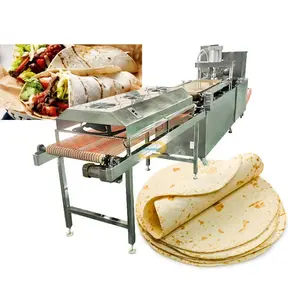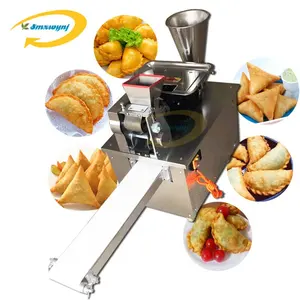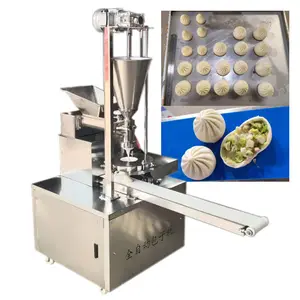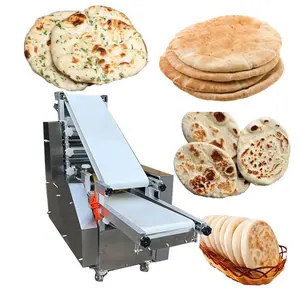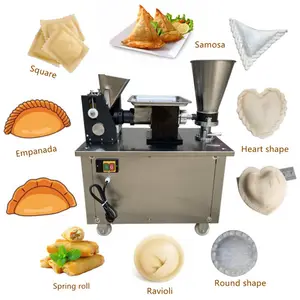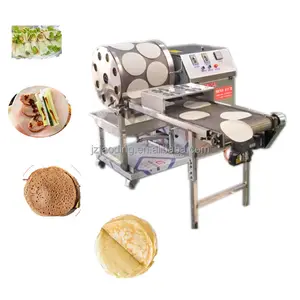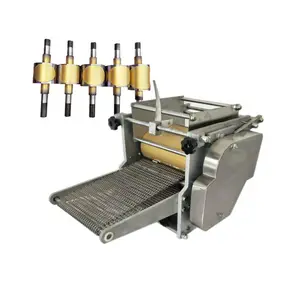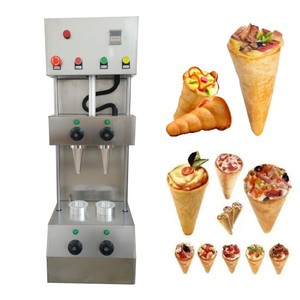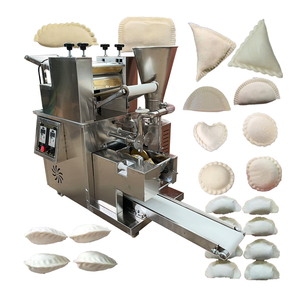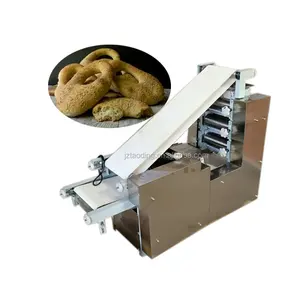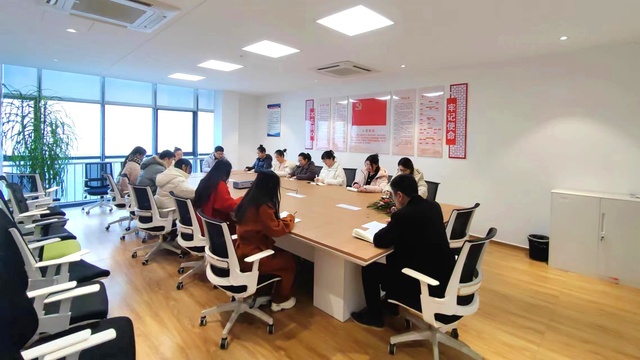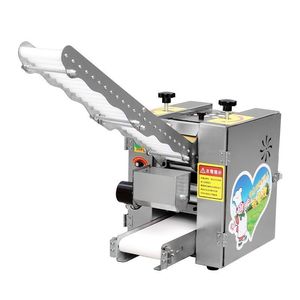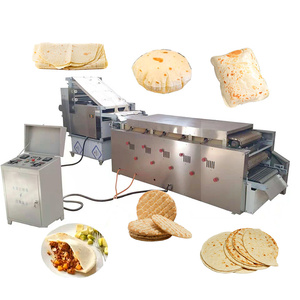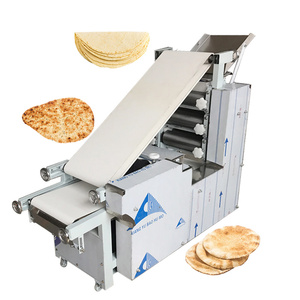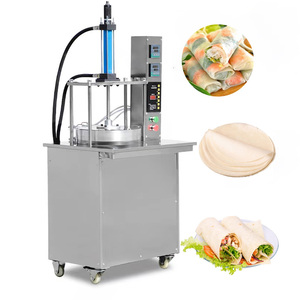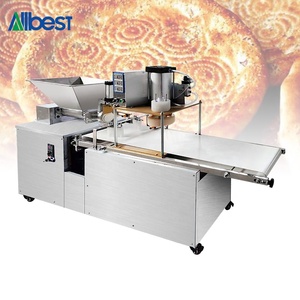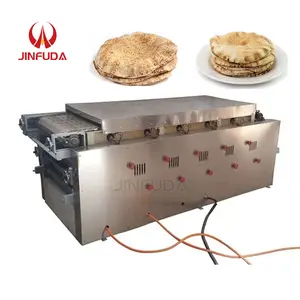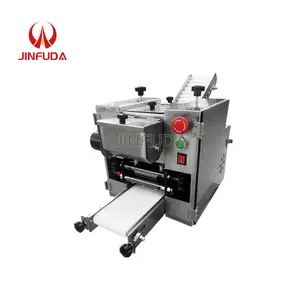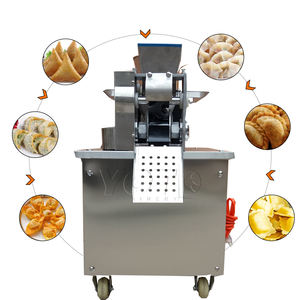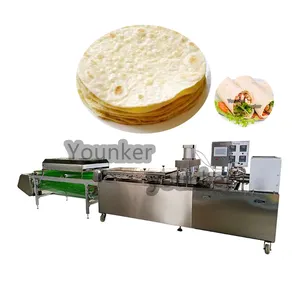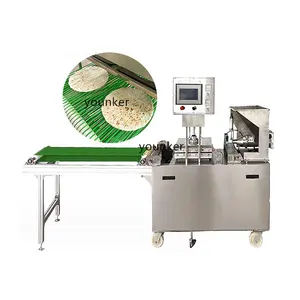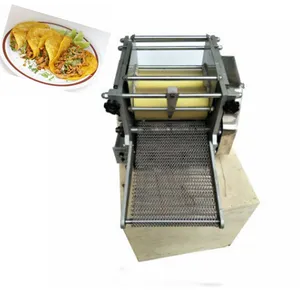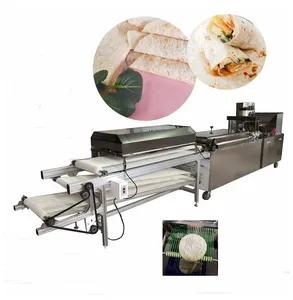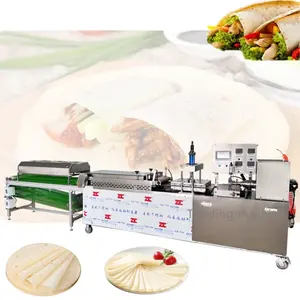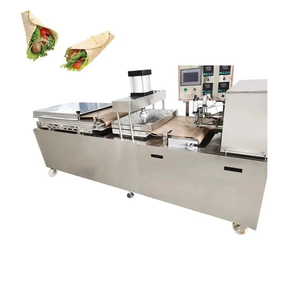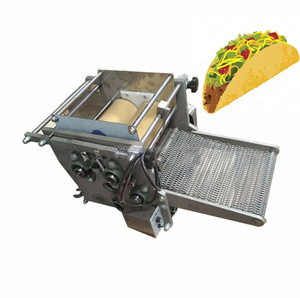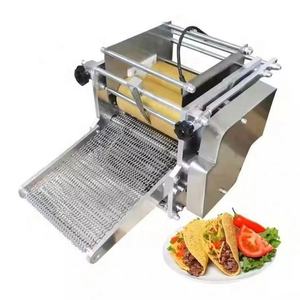Chapati Making Machine Fully Automatic




 Top sponsor listing
Top sponsor listing







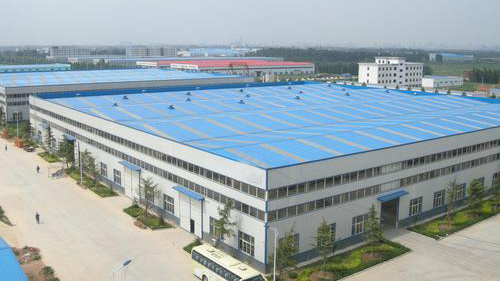




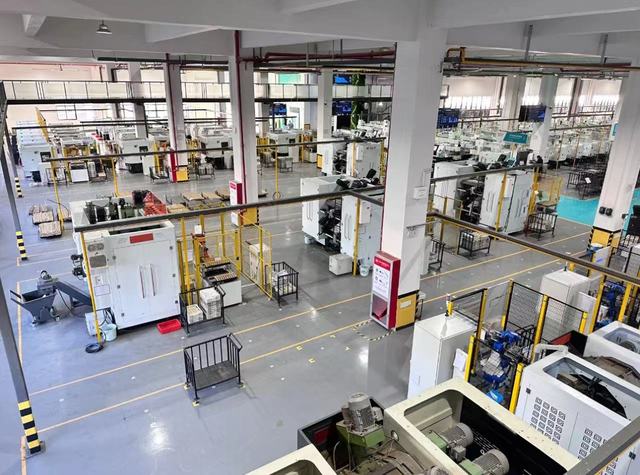


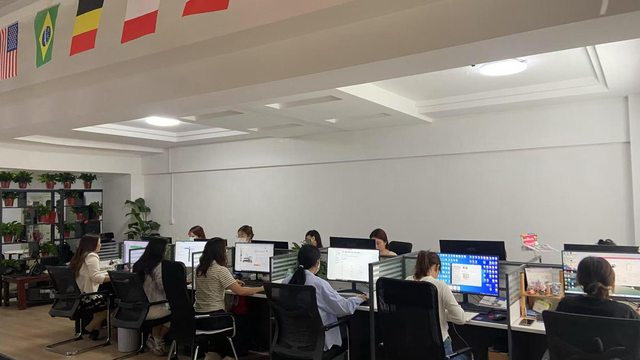









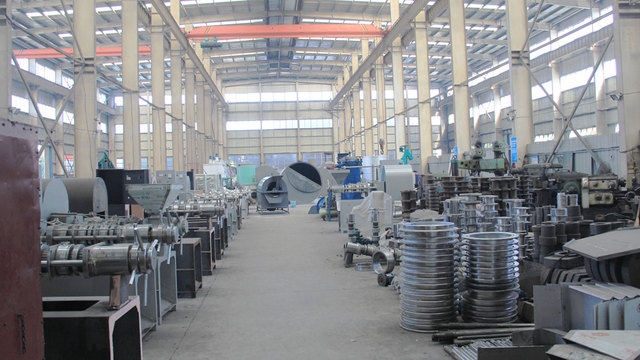





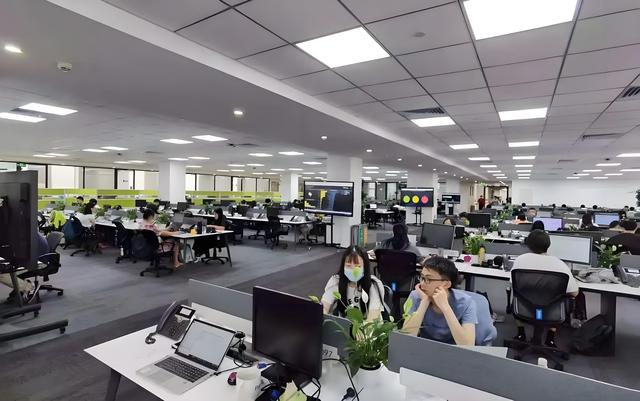




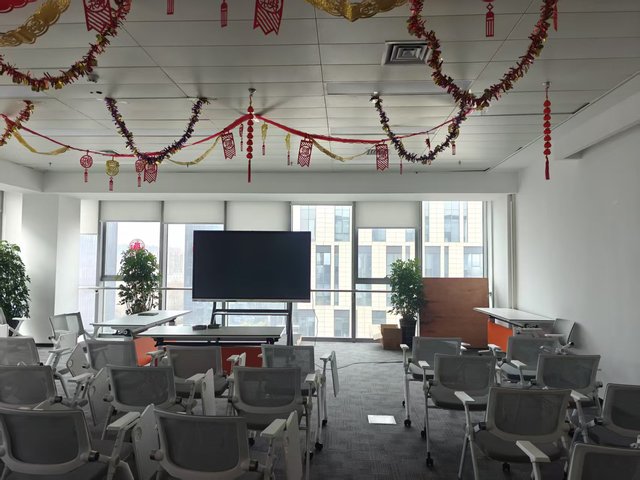
About chapati making machine fully automatic
Where to Find Chapati Making Machine Suppliers?
China remains the dominant hub for manufacturing fully automatic chapati making machines, with key supplier clusters concentrated in Henan and surrounding industrial regions. These zones host vertically integrated production ecosystems specializing in grain processing and automated food machinery. Suppliers benefit from proximity to raw material sources, metal fabrication networks, and logistics corridors, enabling cost efficiencies of 20–35% compared to equivalent equipment produced in South Asia or Southeast Europe.
The region supports rapid scaling through mature supply chains for motors, heating elements, molds, and control systems. Most manufacturers operate semi-automated assembly lines with modular design principles, allowing adaptation across product variants—from compact home-use units to high-capacity commercial models producing up to 1,200 rotis per hour. Buyers gain access to standardized components, shorter lead times (typically 15–30 days), and flexible MOQs ranging from 1 set to full container loads.
How to Choose Chapati Making Machine Suppliers?
Procurement decisions should be guided by rigorous evaluation criteria focused on technical capability, operational reliability, and transaction security:
Technical & Quality Compliance
Verify adherence to international electrical safety standards (IEC 60335) and food-grade material usage (e.g., stainless steel 304/316, PTFE-coated molds). While formal certifications like CE or ISO 9001 are not universally present among suppliers, prioritize those who provide test reports for motor durability, temperature control accuracy, and non-stick surface integrity.
Production Capacity Verification
Assess infrastructure indicators to confirm scalability:
- Facility size supporting batch production (inferred from online revenue and listing volume)
- In-house tooling capabilities for mold customization (shape, diameter, thickness control)
- Integration of programmable logic controllers (PLCs) for consistent dough handling and baking cycles
Cross-reference on-time delivery rates (>97% is strong) and response times (≤2 hours indicates active operations).
Customization & Transaction Safeguards
Confirm availability of OEM/ODM services including voltage configuration (110V/220V), power rating adjustments, logo imprinting, and packaging design. Use secure payment mechanisms such as trade assurance or escrow where possible. Request functional prototypes or video demonstrations before bulk orders, especially when integrating custom molds or automation sequences.
What Are the Best Chapati Making Machine Suppliers?
| Company Name | Location | Main Products (Listings) | Online Revenue | On-Time Delivery | Avg. Response | Reorder Rate | Price Range (USD) | Customization Options |
|---|---|---|---|---|---|---|---|---|
| Jiaozuo Taoding Trading Co., Ltd. | Henan, CN | Grain Product Making Machines (6,660) | $550,000+ | 97% | ≤2h | <15% | $550–2,450 | Mold shape, thickness, motor speed, cable length, logo |
| Henan Gondor Machinery Co., Ltd. | Henan, CN | Grain Product Making Machines (N/A) | $520,000+ | 100% | ≤2h | 19% | $549–1,299 | Color, material, size, logo, packaging |
| Saidashi Machinery (Henan) Co., Ltd. | Henan, CN | Grain Product Making Machines (414) | $100,000+ | 100% | ≤3h | 20% | $426–4,960 | Limited (size, voltage, output capacity) |
| Qixian Xincheng E-Commerce Co., Ltd. | Henan, CN | Grain Product Making Machines (656) | $4,000+ | 100% | ≤1h | <15% | $225–531 | Basic (packaging, labeling) |
Performance Analysis
Jiaozuo Taoding stands out for extensive product diversification and high-volume output, supported by deep customization across mechanical and aesthetic parameters. Henan Gondor and Saidashi Machinery demonstrate perfect on-time delivery records and competitive pricing, with Saidashi offering the widest price band—indicating flexibility for both entry-level and industrial-grade deployments. Qixian Xincheng, while lower in revenue, exhibits exceptional responsiveness (<1h), suggesting agile order processing ideal for time-sensitive procurement.
Suppliers with higher reorder rates (e.g., Saidashi at 20%) may indicate stronger post-sale support or better alignment with buyer expectations. However, low reorder rates do not necessarily reflect poor performance but could signal one-off commercial purchases or B2B reseller behavior. Prioritize suppliers offering detailed technical documentation, sample testing options, and transparent communication channels.
FAQs
What is the typical MOQ for fully automatic chapati machines?
Most suppliers list a minimum order quantity of 1 set, facilitating trial purchases and small business adoption. Larger discounts apply at 5+ units, with container-load pricing available upon negotiation.
How long does production and shipping take?
Lead time averages 15–25 days for standard configurations after deposit confirmation. Air freight requires 5–10 days for international delivery; sea freight takes 25–40 days depending on destination port.
Can I customize chapati size, thickness, and cooking speed?
Yes, leading suppliers offer adjustable mold diameters (5–25 cm), variable thickness settings (1–8 mm), and programmable motor speeds to control output rate and browning level. Custom molds require 7–14 days for fabrication.
Do suppliers provide after-sales technical support?
Support varies by supplier. Some offer remote troubleshooting via video guidance, spare parts supply, and user manuals in multiple languages. Confirm service terms prior to purchase, especially for electrical components and control boards.
Are there any compliance requirements for importing these machines?
Importers must ensure the equipment meets local electrical safety regulations (e.g., UL listing for North America, CE for EU, BIS for India). Buyers are responsible for customs clearance, though many suppliers assist with documentation preparation.


